About
Agroecology is a farming approach that’s inspired by natural ecosystems, combines local and scientific knowledge, and focuses on the interactions between plants, animals, humans and the environment. Given the outsize contributions of conventional agriculture to climate change and biodiversity loss, there’s growing recognition the global food system needs a paradigm shift in order to feed the world without destroying the planet. Agroecological principles are increasingly being considered critical to creating that change. The Transformative Partnership Platform on Agroecological Approaches to Building Resilience of Livelihoods and Landscapes (Agroecology TPP) was launched in 2021 with the scope to address key knowledge and implementation gaps to support agroecological transitions. It aims to provide clear evidence to underpin advocacy and inform policy makers and donors about the environmental and social benefits of agroecological approaches. The Agroecology TPP hosts a number of Agroecological Communities aiming at building fully inclusive and diverse communities reflecting these aims.
History
Genesis
In 2019, several key meetings and events delved into the evidence on agroecological food system transformation. At one of these, CGIAR centers and French research institutions teamed up to create an initiative aimed at addressing important knowledge gaps about agroecological transitions. They then produced a call for action on the issue, stressing the need for change in how this kind of research is done.
Platform
The Transformative Partnership Platform on Agroecological Approaches to Building Resilience of Livelihoods and Landscapes (Agroecology TPP) convenes a broad group of scientists, practitioners and policymakers working together to accelerate agroecological transitions to more sustainable agricultural and food systems. Since its official launch on 3 June 2021, the TPP has been addressing knowledge and implementation gaps across eight domains to support various institutions and advocacy groups in key decision-making processes.
Modality
The Agroecology TPP aims to center the co-creation of place-based knowledge with national and local partners, and use this to inform global priorities and trajectories. With an original funding secured from the CGIAR research programme (CRP) on Forests, Trees and Agroforestry (FTA) and the French research institutions (CIRAD, IRD and INRAE), the Center for International Forestry Research and World Agroforestry (CIFOR-ICRAF) has invested in the platform which has in turn been generating considerable further interest among a range of other bodies. It is overseen by a Steering Committee made up of representatives of supporting partners, and is guided by an Advisory Group. The AE-TPP has two Co-convenors and a Secretariat is provided by CIFOR-ICRAF.
How the Agroecology TPP works
The Agroecology TPP works through eight interconnected ‘domains’, each of which addresses specific knowledge and implementation gaps, and a central ‘docking’ component, which seeks to: define gaps in information and action; build a common methodological approach to address these; build and nurture specific partnerships in diverse contexts; oversee the domains’ progress and synthesise key learnings; communicate and advocate widely on findings; and mobilise resources to support this work.
The Agroecology TPP governance system comprises a Steering Committee, an Advisory Group, and two Co-convenors who are ex-officio members of all three groups. All are supported by a Secretariat, currently hosted by CIFOR-ICRAF. The Secretariat also supports the development and implementation of AE-TTP projects, as well as communication and synthesis across domains. The Co-convenors are Bernard Triomphe (on behalf of CIRAD, Chapingo University ) and Fergus Sinclair (Bangor University). The organization also includes a Management Group and a Members’ Forum that meets annually.
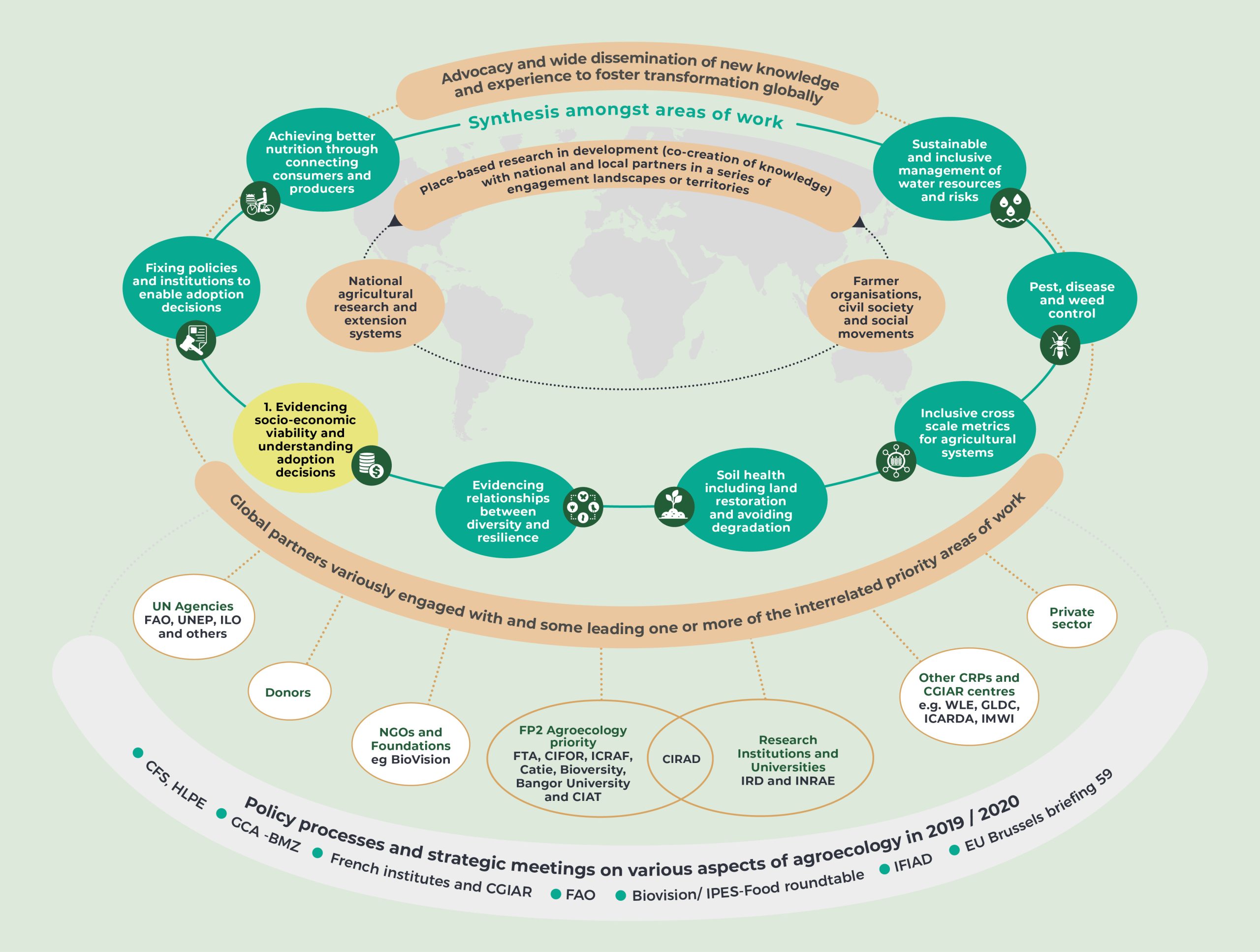
Steering Committee & Advisory Board
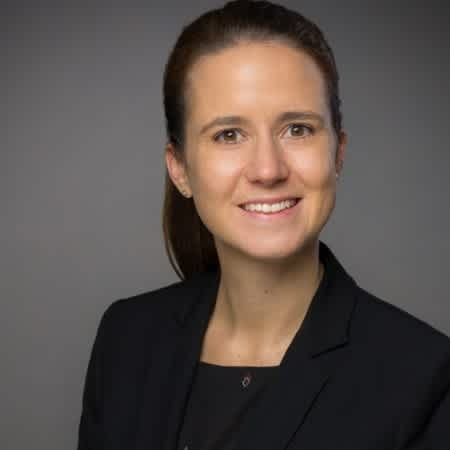
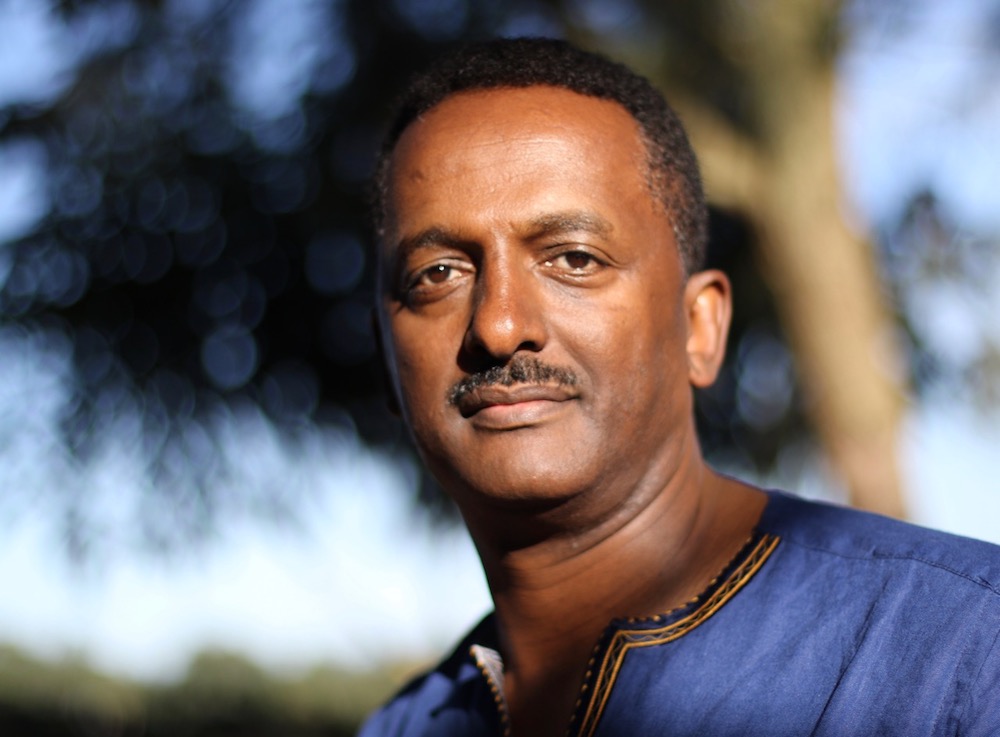
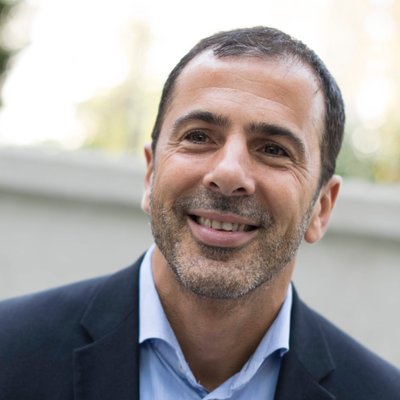
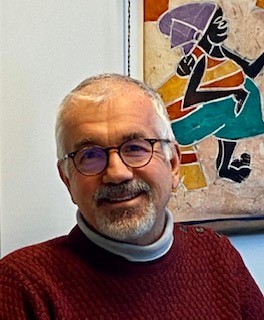
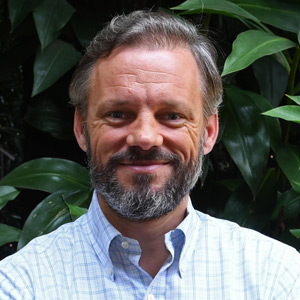
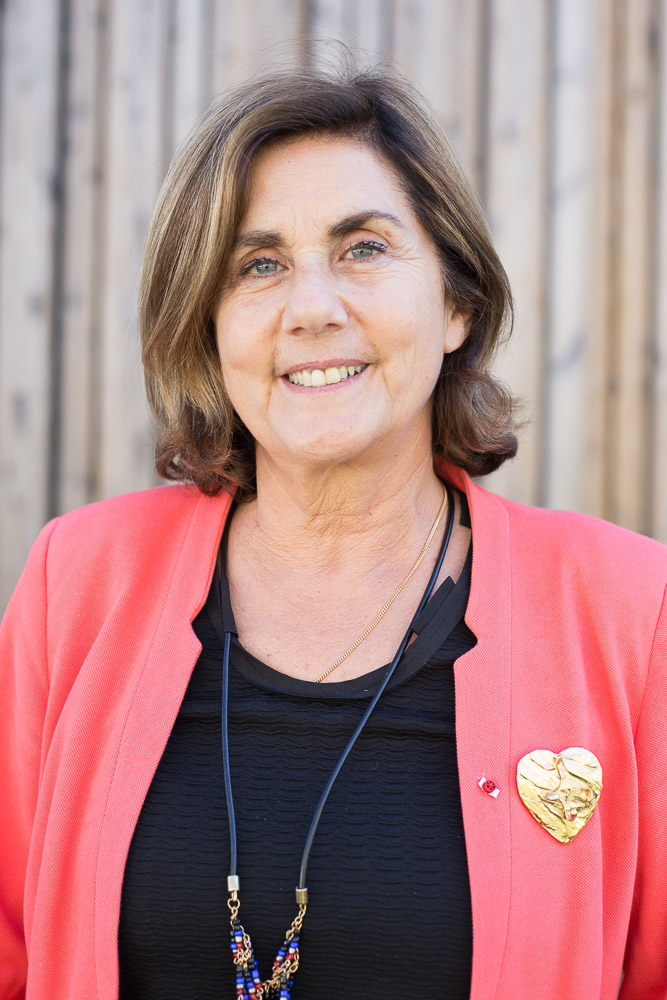
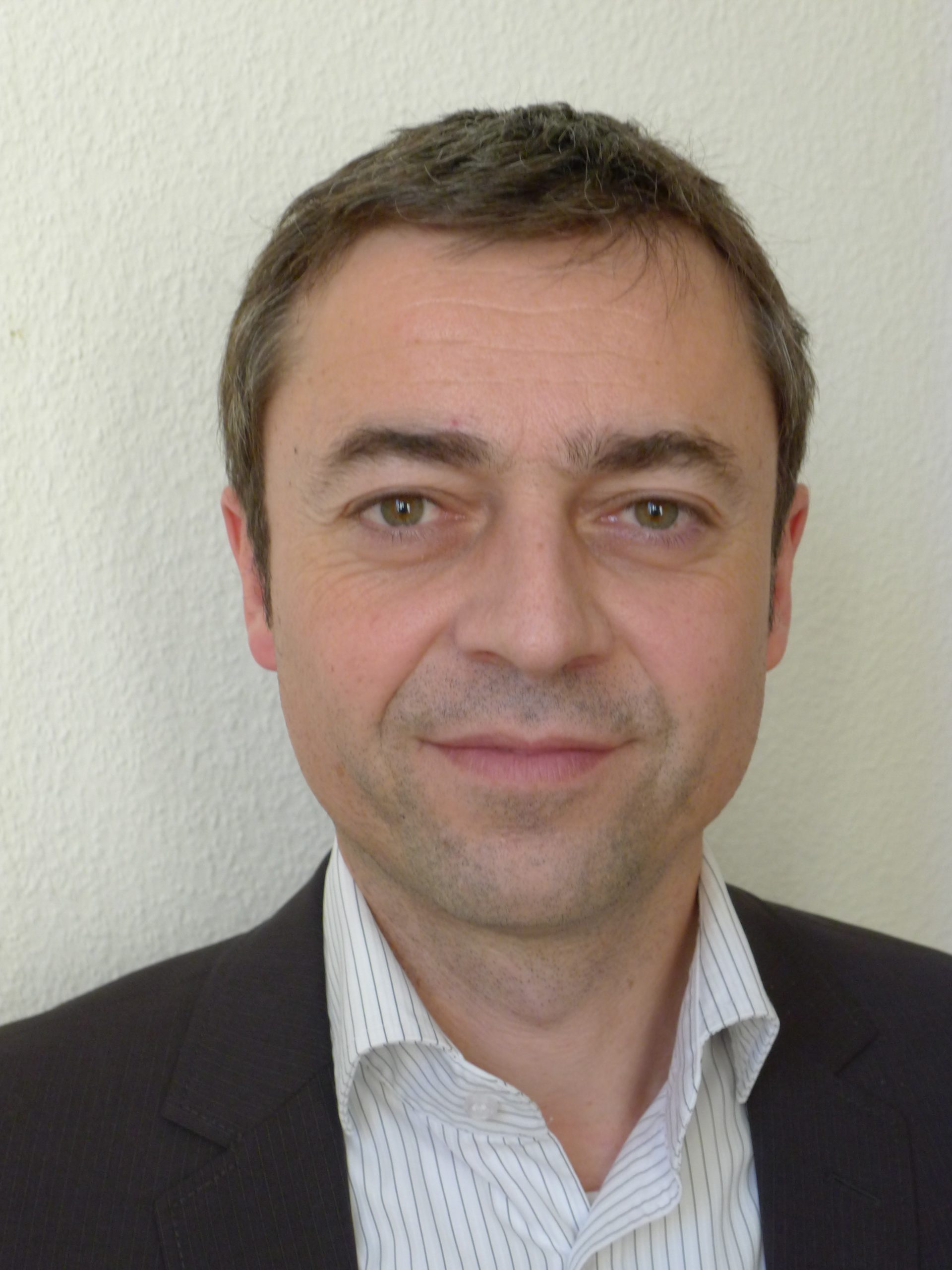
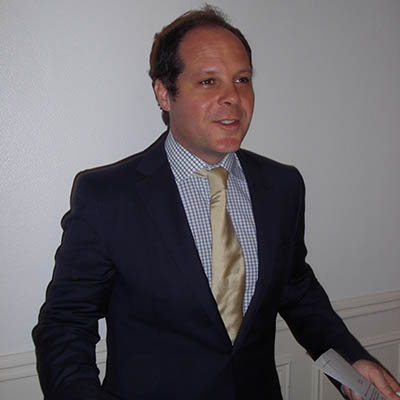
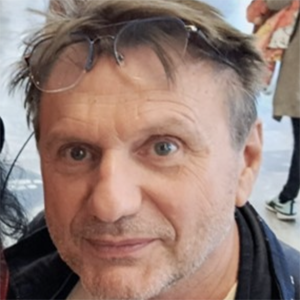
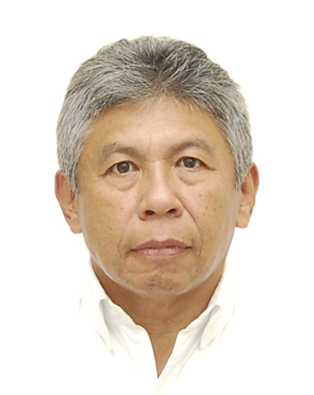
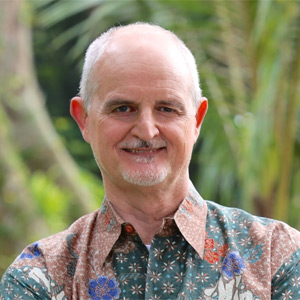
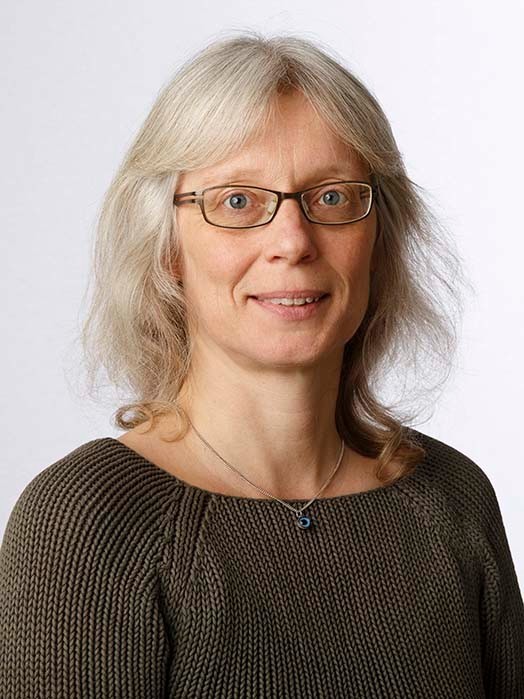
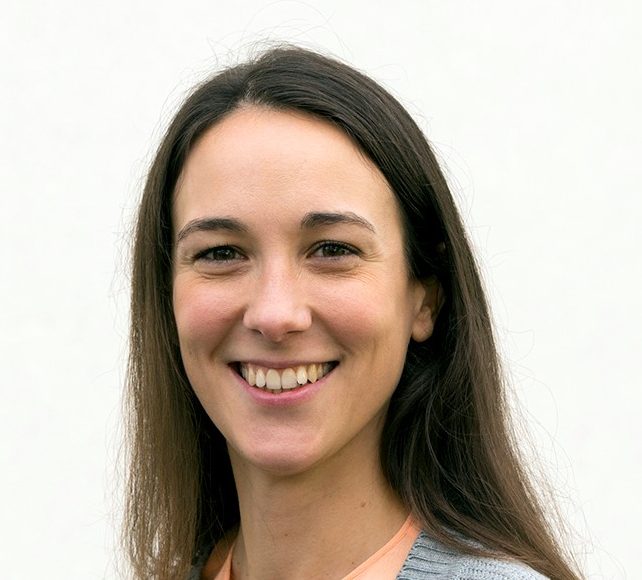
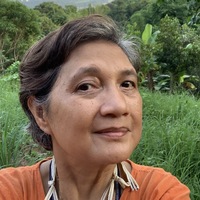
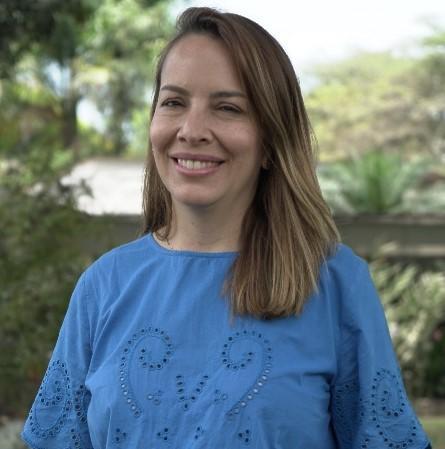
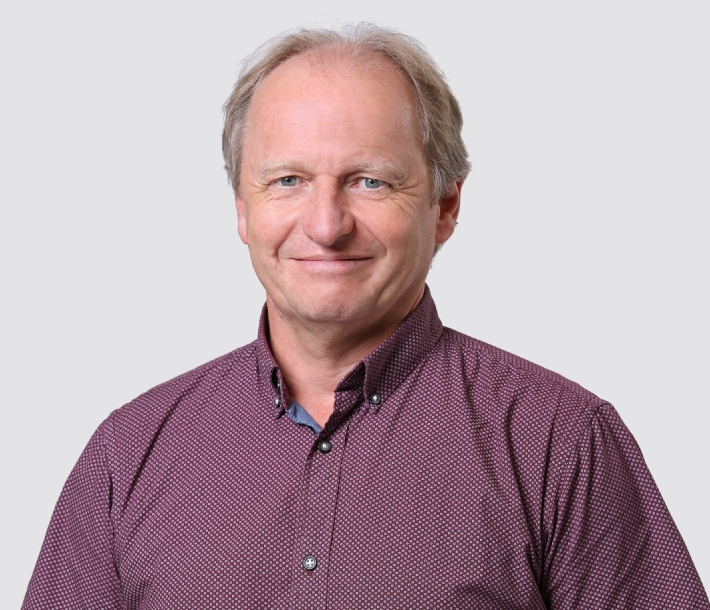
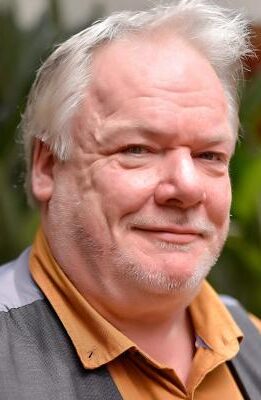
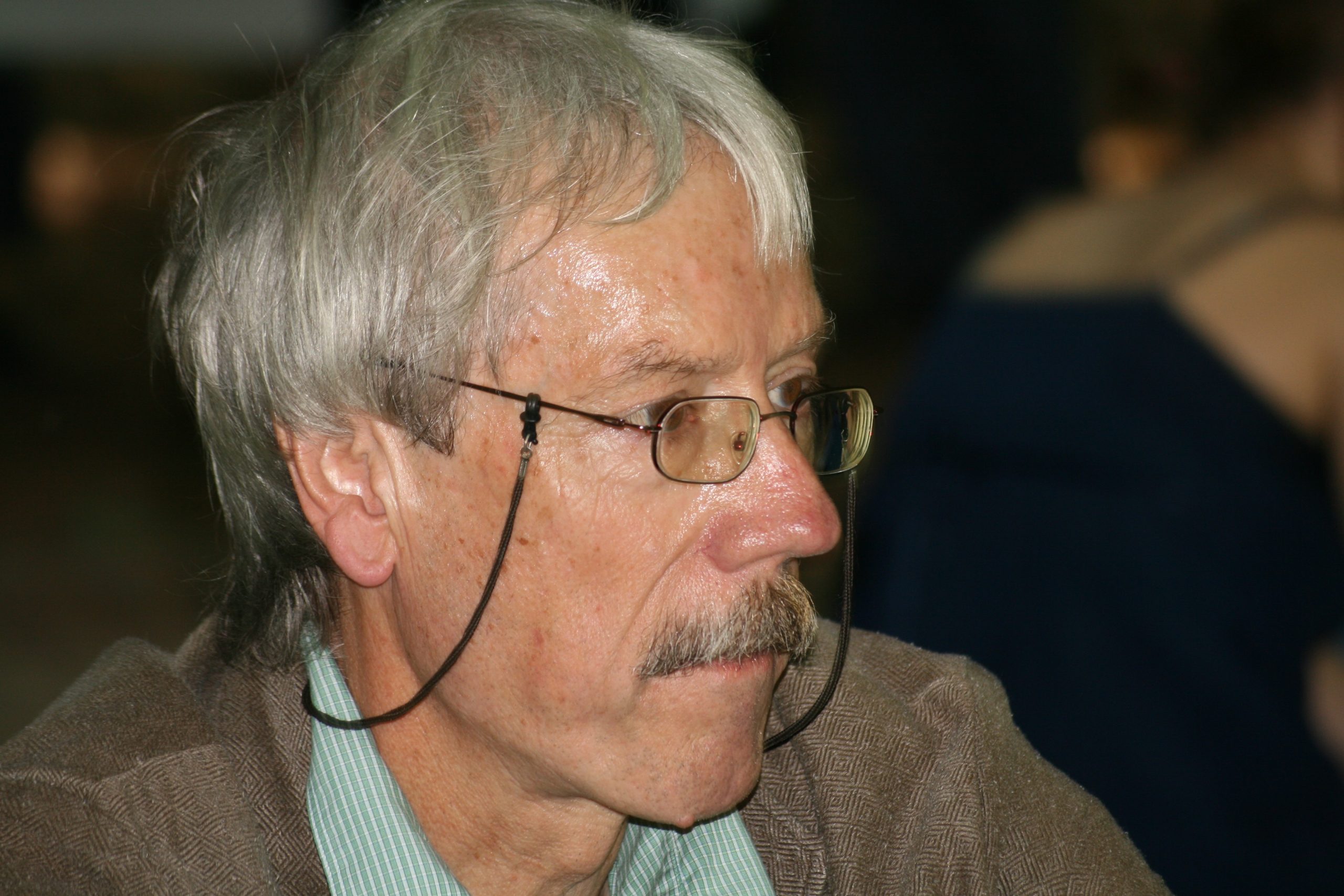
How to join the Agroecology TPP
There are three membership levels of the Agroecology TPP – two for institutions and one for individuals.
Organisations that wish to set up a project with the Agroecology TPP, become Partners or Forum Members should read the Membership Charter and submit an Application Form via e-mail to the AE-TPP Secretariat, using the subject line “Expression of interest to join the Agroecology TPP”.
Partners of the Agroecology TPP
Organisations that are formally engaged in AE-TPP projects (either integrated or aligned) and are active in the AE-TPP science-policy or development interface. Member organisations of the Agroecology TPP governance and advisory bodies automatically become partners as well.
Agroecology TPP Forum Members
Organisations that have not entered into formal arrangements with the AE-TPP but are willing to support the application of HLPE agroecological principles for a food system’s transformation. Forum members can also participate in an annual Members Forum event, with an opportunity to contribute their perspectives on AE-TPP priorities.
Community Members
Join one of our communities on agroecology or form your own!
Create an account on our platform and start co-creating science together with some of the most active and thriving agroecological communities. You can host events, create and or join forum discussions, co-design science, practices, share experience, talk to scientists, and establish your own networks!
